4.8 Google Rating
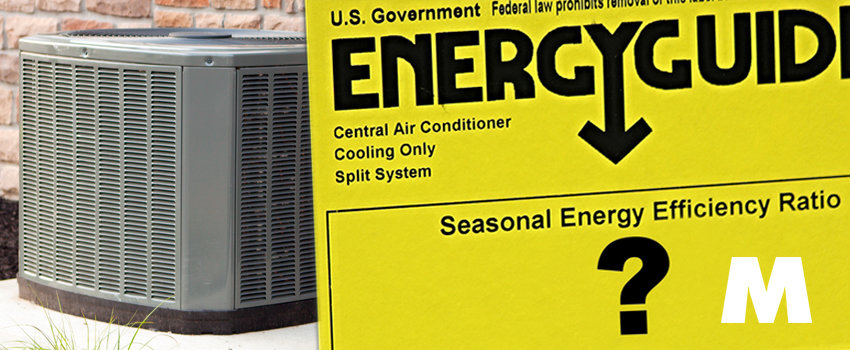
What is SEER?
When shopping for a new air conditioner or heat pump, you’ve likely come across the term SEER. But what does it mean, and why is it important for homeowners to understand? SEER, or Seasonal Energy Efficiency Ratio, plays a critical role in determining the energy efficiency of your cooling system and directly impacts your energy consumption and bills.
In this blog, we’ll break down what SEER is, how it affects your HVAC system, and why it should be a key consideration when upgrading or installing a new unit.
What Does SEER Mean?
SEER stands for Seasonal Energy Efficiency Ratio. It is a metric that measures the cooling output of an air conditioner or heat pump over a typical cooling season, divided by the total electrical energy consumed. Essentially, SEER tells you how efficiently your system can cool your home over time.
The higher the SEER rating, the more efficiently the unit operates. For example, an air conditioner with a SEER rating of 20 will cool your home more efficiently than a unit with a SEER rating of 14. Higher efficiency translates to lower energy bills, making SEER a critical factor for homeowners looking to save money while maintaining comfort.
Minimum SEER Ratings
The minimum SEER rating required by law in the United States depends on the region. In northern states, the minimum SEER rating for central air conditioning units is typically 13, while in southern states, where cooling demands are higher, the minimum SEER requirement is 14.
While these are the minimum standards, many air conditioners and heat pumps have SEER ratings as high as 25. Opting for a higher SEER unit may come with a higher upfront cost, but it will lead to long-term savings in energy bills and greater overall comfort.
How Does SEER Impact Energy Costs?
One of the most significant benefits of selecting an air conditioner or heat pump with a higher SEER rating is the potential for lower energy bills. Higher SEER systems use less electricity to produce the same amount of cooling, resulting in energy savings that can add up significantly over time.
For example, if you upgrade from a unit with a SEER rating of 10 to a unit with a SEER rating of 16, you could see up to a 37% reduction in your energy bills during the cooling season. These savings can be particularly impactful in regions with long, hot summers, where air conditioning accounts for a significant portion of energy consumption.
Additional Benefits of Higher SEER Ratings
Aside from reducing your energy bills, choosing an air conditioner or heat pump with a higher SEER rating offers other valuable benefits:
- Reduced Environmental Impact: A higher SEER rating means greater efficiency, which in turn reduces your carbon footprint. Using less energy helps decrease overall demand on the power grid, contributing to a more sustainable environment.
- Improved Comfort: Many high-SEER systems come with advanced features like variable-speed motors and two-stage compressors. These technologies allow for more precise temperature control, improved humidity management, and quieter operation.
- Longer Lifespan: High-efficiency units tend to experience less wear and tear over time. Because they don’t have to work as hard to cool your home, the components last longer, resulting in fewer repairs and a longer system lifespan.
- Enhanced Indoor Air Quality: High-SEER systems often include better filtration and air circulation features. This can help improve your home’s indoor air quality by reducing allergens, dust, and other airborne contaminants.
Choosing the Right SEER Rating for Your Home
While a higher SEER rating is beneficial, it’s essential to choose the right SEER rating based on your specific needs. Several factors can influence the best SEER rating for your home:
- Climate: If you live in a region with hot summers, investing in a high-SEER air conditioner can provide significant savings. However, if you live in a milder climate, the cost savings might be less noticeable.
- Energy Usage: If your energy bills are consistently high during the summer, upgrading to a higher-SEER unit could be a worthwhile investment to lower those costs over time.
- Budget: Higher-SEER units tend to be more expensive upfront. It’s important to weigh the long-term energy savings against the initial cost to determine the best fit for your budget.
The Future of SEER Ratings
As technology continues to improve and the push for energy efficiency grows, SEER ratings are expected to rise in the coming years. The U.S. Department of Energy periodically updates the minimum SEER standards, and new regulations could increase those minimums even further.
Many manufacturers are already developing air conditioning systems with SEER ratings exceeding 25, offering consumers more options to reduce energy consumption. By choosing a high-SEER system today, you can ensure that your home is prepared for the future of energy efficiency.
Why SEER Matters for Heat Pumps
It’s important to note that SEER ratings aren’t exclusive to air conditioners. Heat pumps, which provide both heating and cooling, are also rated using SEER for their cooling efficiency. If you’re in the market for a heat pump, considering the SEER rating is just as important as it is for traditional air conditioners. A high-SEER heat pump will deliver greater energy savings during the cooling season while keeping your home comfortable year-round.
How McCullough Heating & Air Conditioning Can Help
At McCullough Heating & Air Conditioning, we understand the importance of energy efficiency and comfort. Our team of HVAC experts can help you choose the right air conditioner or heat pump with the best SEER rating for your home. Whether you’re looking to upgrade an old system or install a brand new one, we provide the guidance and support you need to make the right decision.
Conclusion: Contact McCullough Heating & Air Conditioning Today!
Are you ready to improve your home’s energy efficiency and reduce your cooling costs? McCullough Heating & Air Conditioning is here to help with all your HVAC needs. Whether you need advice on selecting the right SEER-rated system or are looking to schedule an installation, our team is just a phone call away. Contact us today to learn more about how we can help keep your home comfortable and energy-efficient all year long.
Recent News
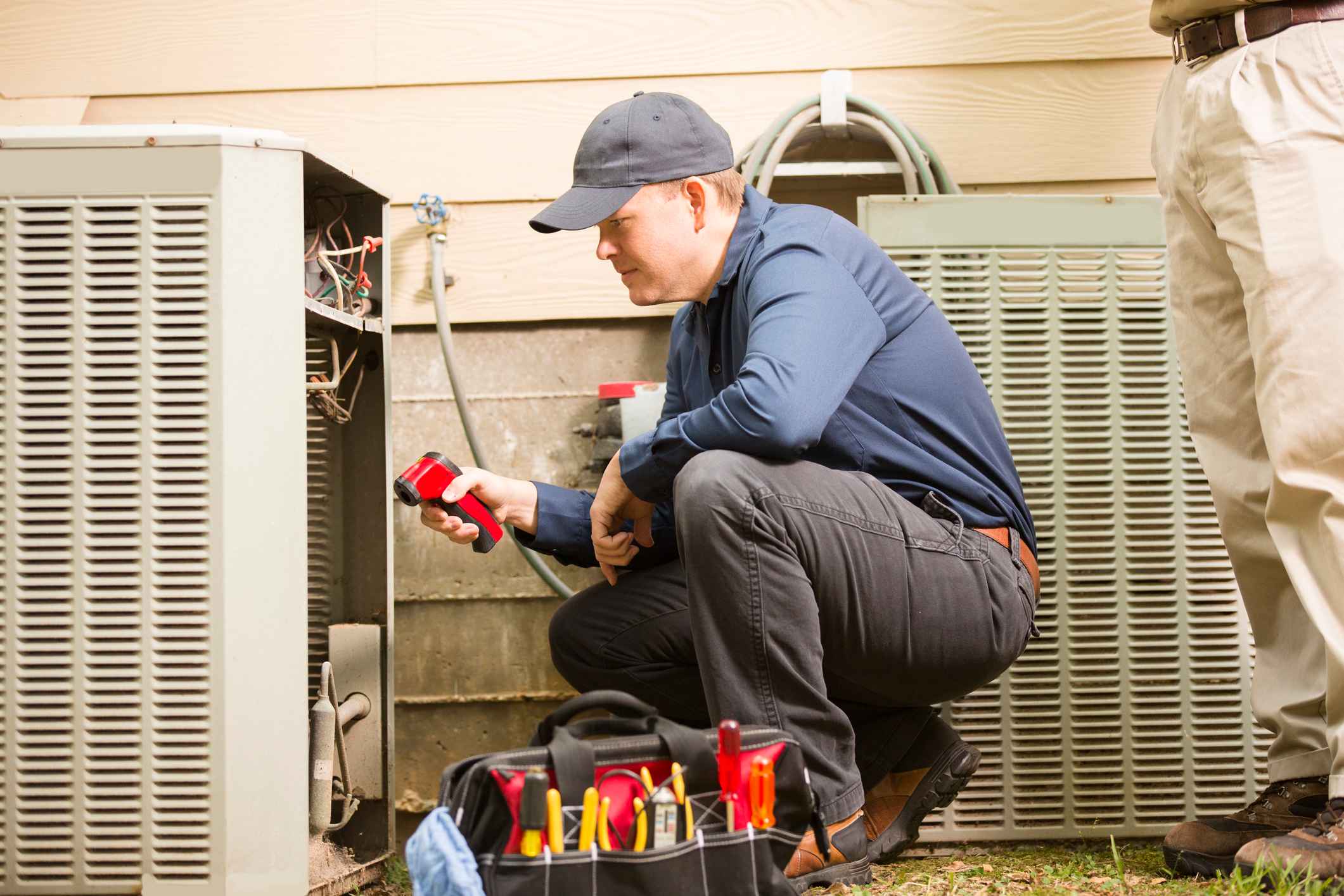
Top HVAC Companies in Austin, TX: Looking Beyond Ads & Reviews
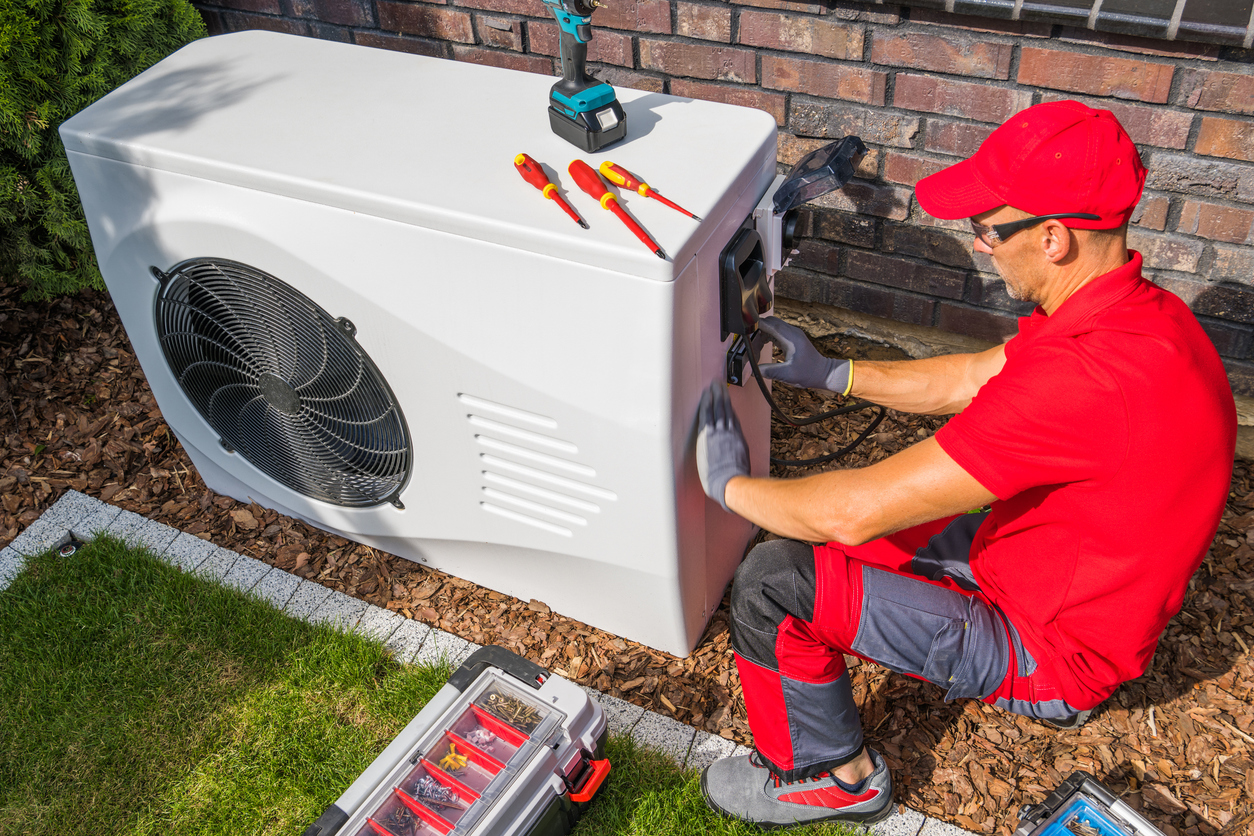
What Sun City Homeowners Should Know About HVAC Permit Data & Installations
Free Energy Audits for Westlake Homes: Cut Energy Bills, Boost Comfort & Upgrade Smarter
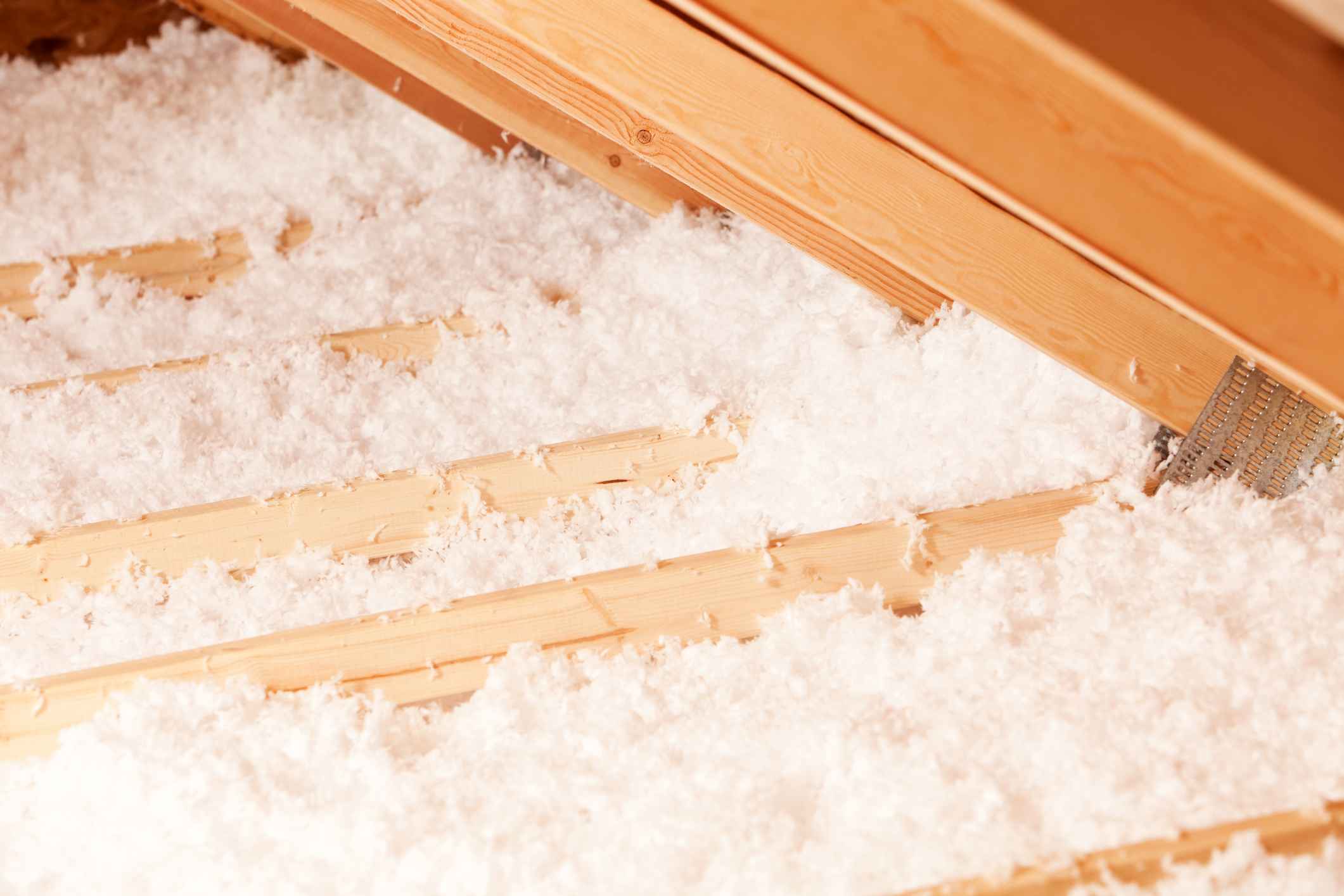
Is Your Austin Home Using Too Much Energy? Here’s How a Free Energy Audit Can Help You Save Big
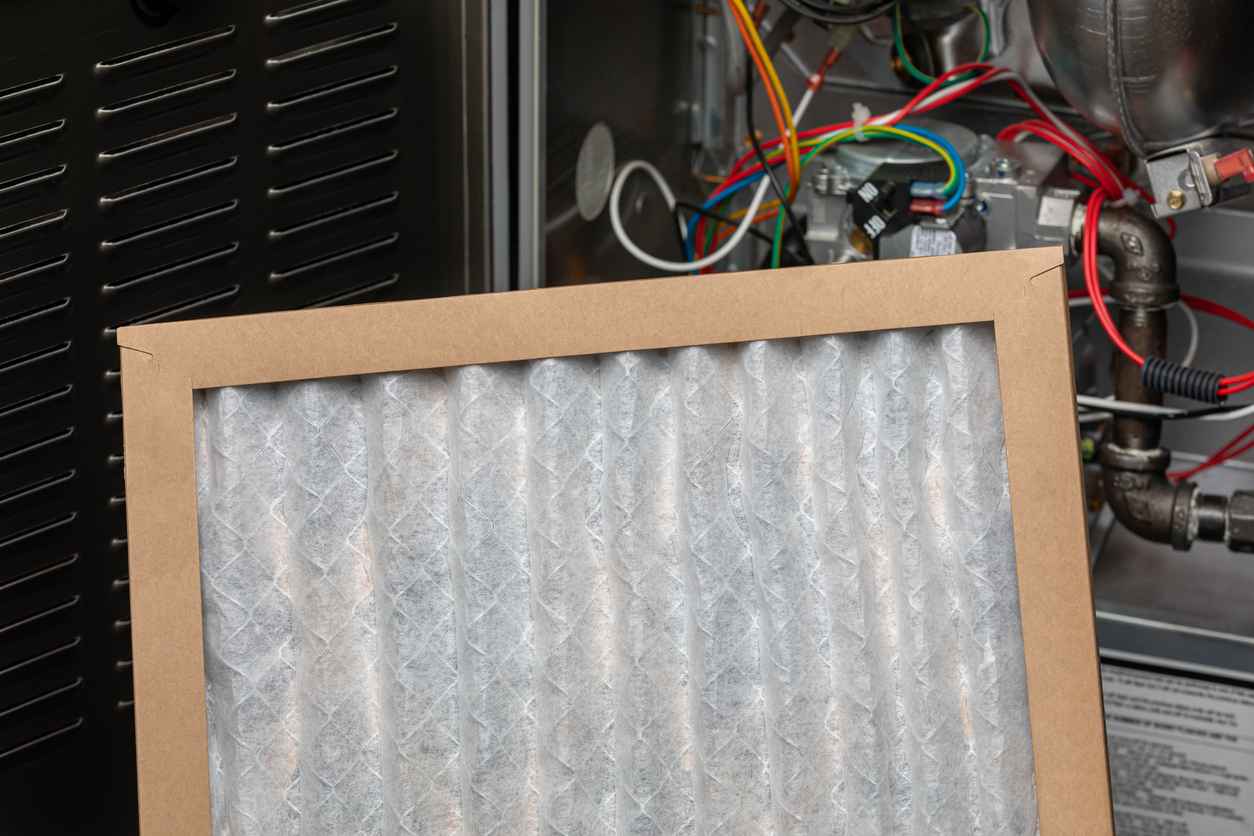
Cold Snap Coming? What Austin Homeowners Should Do Now to Prevent Heat Loss and Heating System Failure
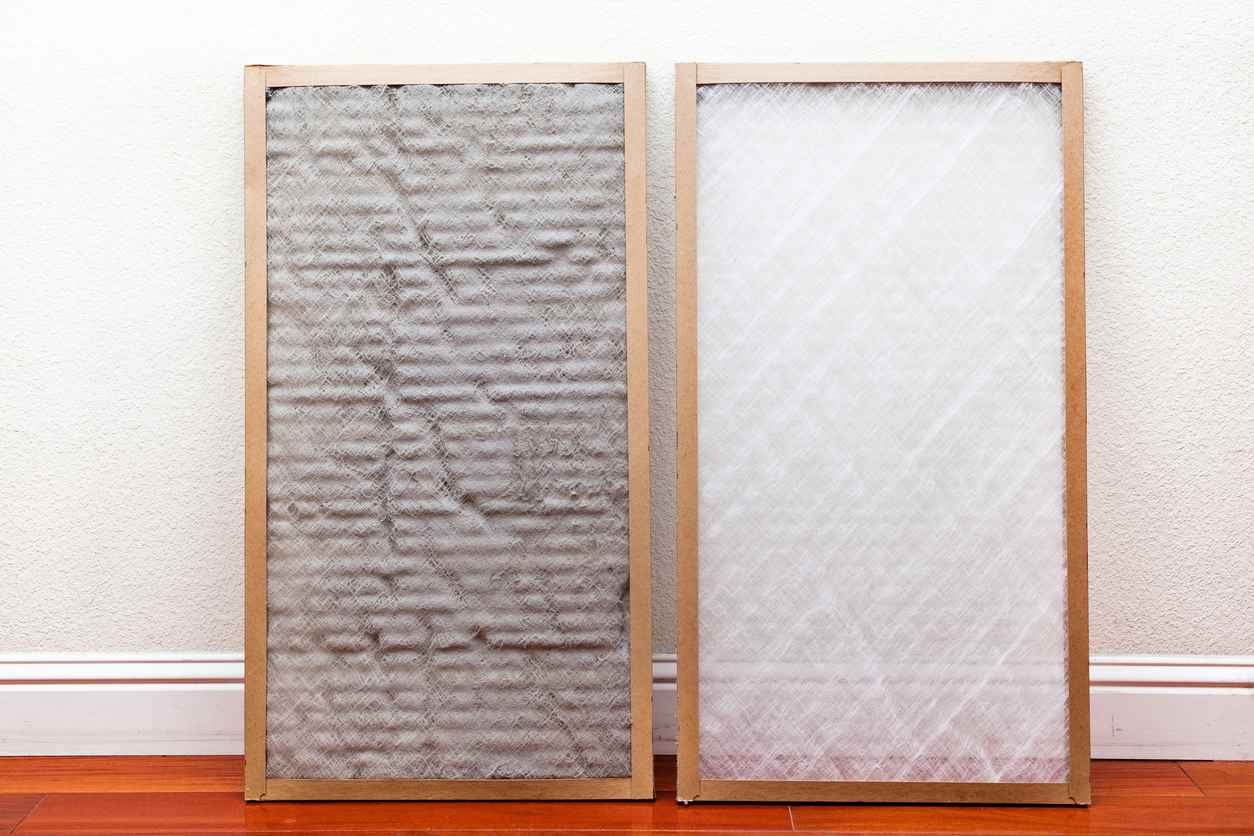
Best HVAC Filters for Cedar Fever in Austin


